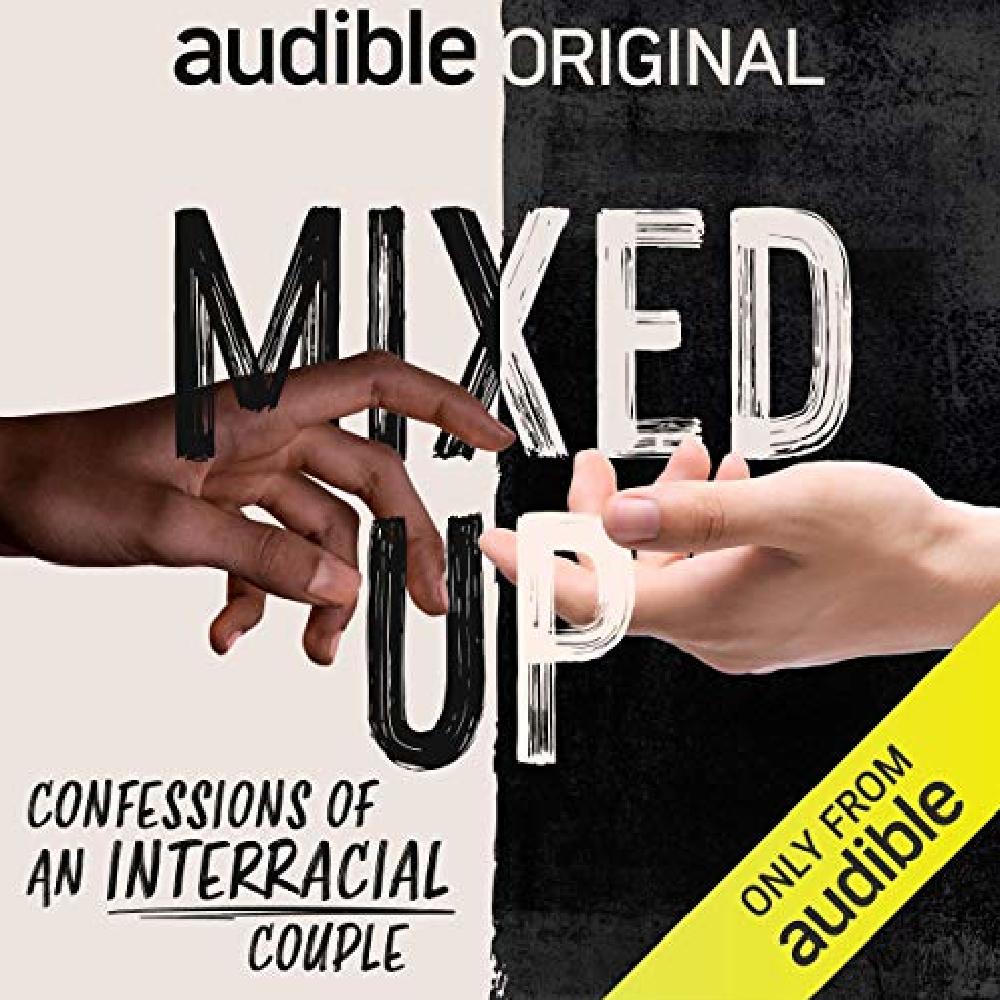Falling in love is easier than keeping it alive. Time eventually sees to it that we descend from the heady heights of cloud nine into a less romantic, warts-and-all kind of realism. It takes effort, patience and understanding for relationships to endure and thrive.

Mixed Up
But what happens if you throw racial and cultural differences into the mix? Where the disparity in lived experiences can frustrate attempts to be loving and supportive of one another at a worrying moment in history where the fight against racism sometimes appears to be regressing?
Couples in interracial relationships have been forced to re-evaluate their perceptions of one another and question the integrity of their love in the face of racially fueled social unrest. What I’ve come to realise, as an African American woman married to a White British man, is that it takes more than love to conquer all. It takes bravery to broach awkward conversations, plus empathy and non-judgmental acceptance in order to effect a true meeting of the minds in tune with the hearts.
Here’s what you need to know:
Don’t treat the subject of race like it’s the elephant in the room
Early on in our relationship, my husband and I never talked about race. In love, we were under the illusion that it was just not a topic up for debate. It was as if love had rendered race irrelevant. But, in hindsight, embracing discussions would have fostered more understanding in the differences of our lived experiences – experiences that have shaped our personalities and our world views for the better, and sometimes for the worst. It took a long time for my husband to confront his ignorance and see just how differently I was treated from him – from doctors to bosses, colleagues to ordinary commuters – because I am Black. Indeed, it is his privilege to have never experienced discrimination because of the colour of his skin. But it is also his burden to help effect change too.
There is much we can learn from each other …
… if only there is a willingness to listen. There comes a point where talking about lived experiences in order to educate – be it friends, colleagues, partners – becomes more emotionally exhausting than it is empowering. Perhaps my husband’s tendency to always see the good in people has led him to believe that those who have slighted me were ‘just having a bad day’. But, at the same time, I don’t expect these very real traumas and every day petty humiliations to be minimised, least of all by the one who is supposed to love and protect me. That point of education can only come from having a mutually safe space in which to express oneself; to be held and acknowledged, not operate under the delusion that racism is not at play here.
Honesty is the best policy
Over the years of marriage my husband and I have also had to learn how to talk about racism together. As we learnt to grapple with differing perspectives, we also learnt to see that it is not about being ‘right’ or ‘wrong’. It’s about respecting our lived experiences, understanding the limitations of our views and navigating the world together, better informed because we have listened and learnt from one another.
Tineka Smith is the co-author of MIXED UP: Confessions of an Interracial Couple, out on Audible now.
RELATED: The evolution of my story from stage to audiobook by Anoushka Warden
I’ve only been writing for four years. Before that, although I worked in and enjoyed theatre, I’d never once wanted to write anything for it. I had seen a not normal amount of theatre shows for the average human and I like to think a kind of osmosis happened, which caused me, in March 2016, to write my first ever story - My Mum’s a Twat. I call it a story, rather than a play, because back then that’s all I knew it was. I hadn’t planned it to be a book or play or audio content. I just wanted it to be the story of why I thought my mum was a twat. Or more accurately why teenage me thought she was one. And so, I wrote about my mum and our relationship from the perspective of me, aged 8 - 18... to read more click HERE

